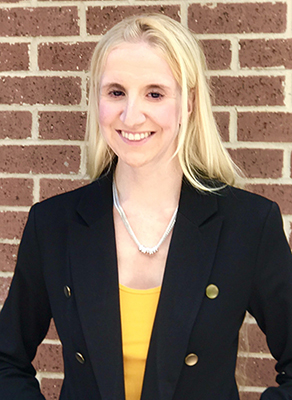My Research on Haptics and Wearable Computing

I am currently a Ph.D. student in human-centered computing at the Georgia Institute of Technology. I chose to pursue this degree when I discovered that I could combine my passion for scientific discovery with my love of engineering. My undergraduate degree is in electrical engineering, which allowed me to work with my hands and build new technologies. Now, I apply those skills to create and study new computing devices for learning and rehabilitation.
I have savored the process of pursuing a doctorate. The process has taught me how to take my skills (such as writing code) and knowledge (such as different types of signal filters) and apply them to answer very narrow scientific questions and engineering problems.
My research focuses on wearable computing and haptics. In my work, I create systems such as a stimulation device for stroke recovery or a tactile system to teach braille. The work aims to address real-world problems while developing new techniques and answering scientific questions. For example, I challenged the Braille Literacy Crisis by creating a pair of computerized gloves that teach braille using tactile taps and a new stimulation technique. There are many considerations in this area, ranging from physical comfort and accessibility to algorithms for context-awareness. In turn there are many advantages—small, wearable devices can interact directly with the body, be always on or available, allow multitasking, and gather unique data.
As part of my doctoral work, I also advise and mentor students in research. As a member of AccessComputing, it is important to me to help other students succeed. I make it clear that my lab is an inclusive environment, and that people with all different stories are welcome and appreciated here. The way students shine is through their curiosity, dedication, and energy.